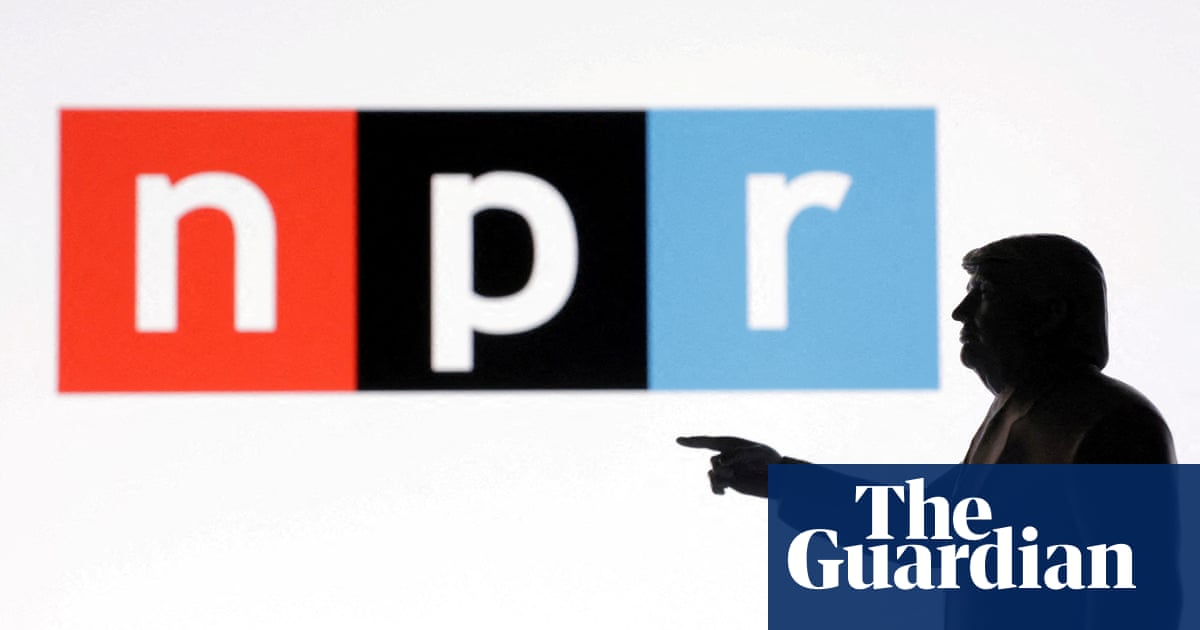The article presents a significant political move by Donald Trump, who has signed an executive order aimed at cutting federal funding for public broadcasters NPR and PBS. This decision is rooted in Trump's ongoing criticism of these outlets, which he claims are biased against him and do not provide a fair representation of news.
Implications of the Executive Order
By targeting NPR and PBS, Trump is expressing a broader disdain for media outlets that challenge his administration. This executive order may serve to solidify his base by appealing to those who share his view of the media as adversarial. The assertion that these entities do not provide unbiased news can resonate with individuals who feel alienated by mainstream media narratives.
Public Perception and Media Bias
The narrative surrounding media bias is central to this article. Trump’s claim that NPR and PBS misrepresent current events aims to reshape public perception. This framing could lead some segments of the population to distrust public broadcasting, potentially eroding support for these institutions. The article notes that while these broadcasters receive taxpayer funds, they also rely heavily on private donations, highlighting a complex funding structure that may not be fully understood by the public.
Concerns About Press Freedom
The reference to the media rights group RSF indicates a growing concern about press freedom in the U.S. under Trump's presidency. This mention underscores the potential chilling effect that such executive actions may have on independent journalism. The warning about "an alarming deterioration in press freedom" suggests that this issue extends beyond NPR and PBS, raising questions about the larger implications for journalistic independence.
Broader Context and Connections
In the context of ongoing tensions between the Trump administration and the media, this executive order can be seen as part of a larger strategy to delegitimize dissenting voices. Comparatively, other news stories regarding government actions and media relations could provide insights into how this order fits into a pattern of behavior aimed at consolidating power and control over information dissemination.
Economic and Political Scenarios
The potential outcomes of this executive order could affect various sectors. Reduced funding for NPR and PBS may lead to layoffs and diminished programming, which could impact local economies and the media landscape. Politically, this move could galvanize opposition among those who value public broadcasting and its role in providing diverse perspectives.
Target Audiences and Support
This action may elicit strong support from conservative audiences who align with Trump's views on media bias. It aims to resonate with individuals who feel that public broadcasters do not represent their values or beliefs. Conversely, it may alienate those who prioritize independent journalism and diverse viewpoints.
Market Reactions
In terms of market implications, this news could impact companies involved in media and entertainment, particularly those connected to public broadcasting. Investors may react to the uncertainty surrounding the funding and future viability of NPR and PBS, potentially affecting related stock prices.
Global Power Dynamics
While the article primarily focuses on domestic issues, it touches on themes relevant to global conversations about media freedom and democracy. The challenges faced by independent journalists in the U.S. can reflect broader trends in other countries where press freedom is under threat.
Use of AI in Reporting
It is conceivable that AI models could have been used in crafting segments of the article, particularly in summarizing data or presenting statistical information. The structured presentation of facts may suggest the involvement of algorithmic techniques to enhance clarity and engagement.
This article raises important questions about the trustworthiness of media outlets and the implications of executive actions on public broadcasting. The narrative constructed around media bias appears designed to influence public opinion against specific institutions, potentially undermining the democratic role of a free press. Given its political motivations and the context in which it was released, the reliability of this news can be viewed with skepticism.
